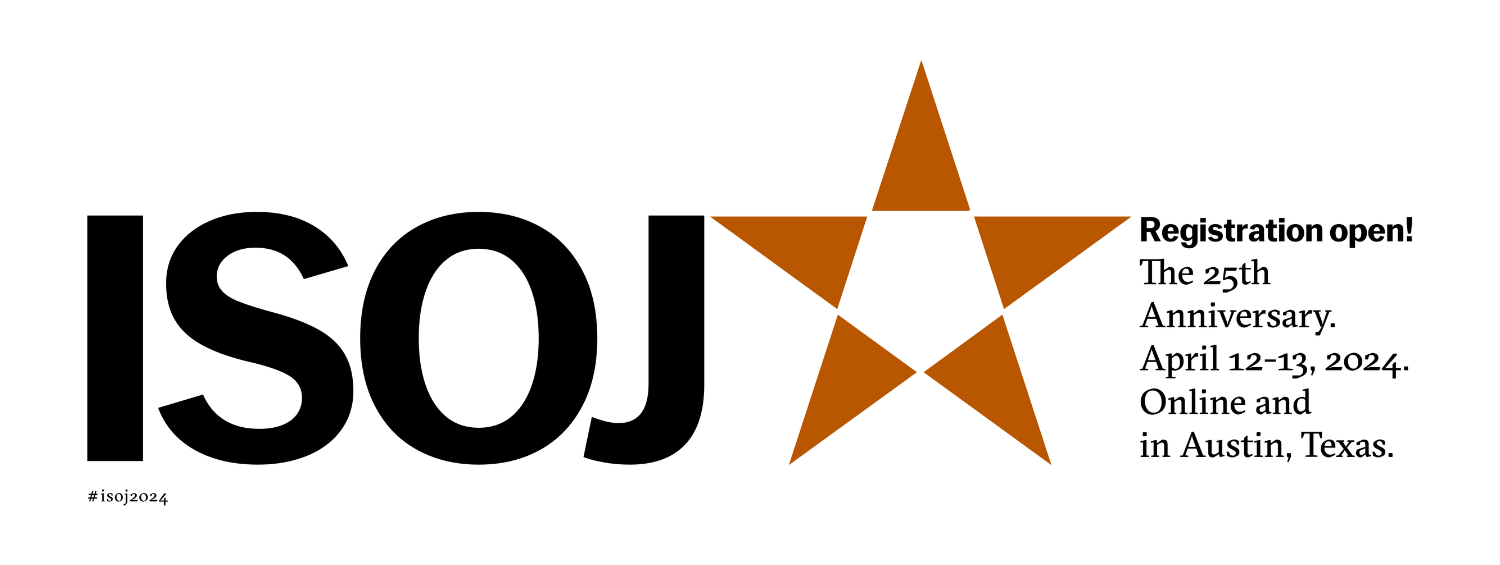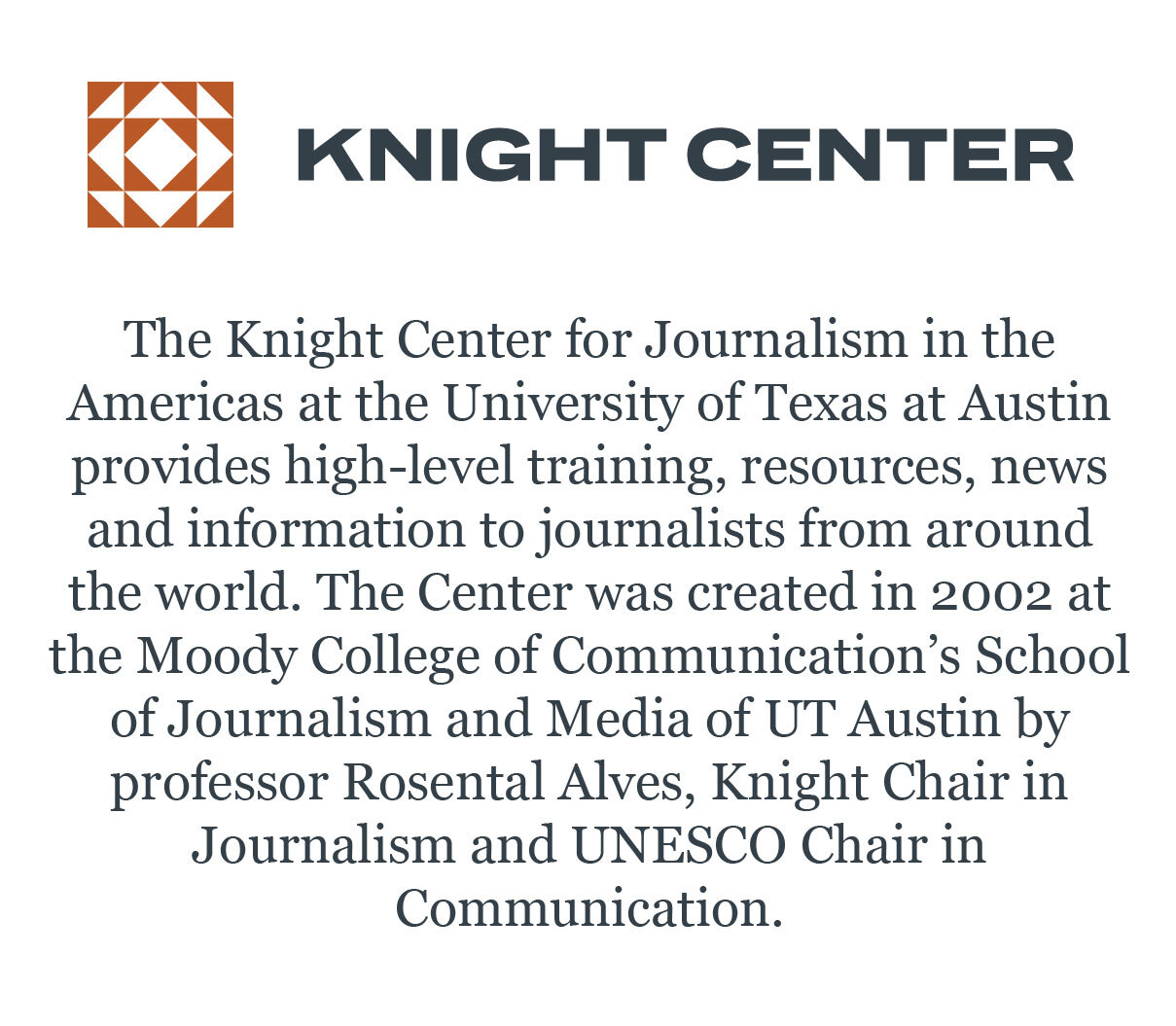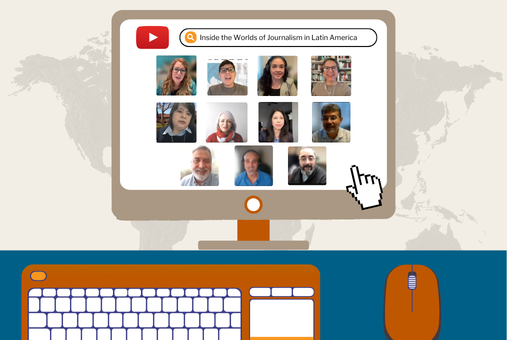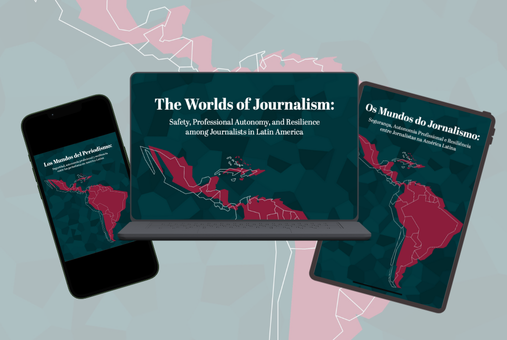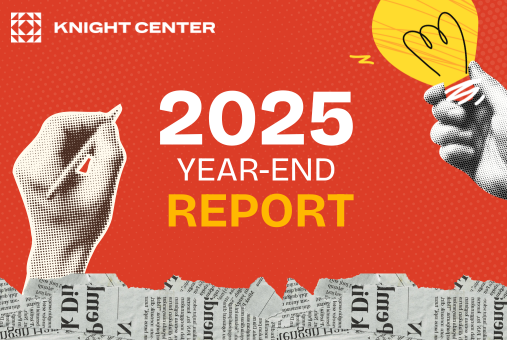Main Programs
ISOJ
The International Symposium on Online Journalism is an annual conference that attracts editors, producers, media executives and scholars from around the world who convene at the University of Texas at Austin to discuss the evolution of online journalism. ISOJ started in 1999 and has grown throughout the years to become a unique international conference that serves as a barometer for the state of online journalism globally. In 2020 and 2021 ISOJ was held online only because of the pandemic, but in 2022 it returned to the UT campus in a hybrid format that also allows active participation of remote attendees.
LatAm Journalism Review
A trilingual digital magazine published by the Knight Center, LatAm Journalism Review covers issues related to journalism and press freedom in Latin America and the Caribbean. For 17 years, the Knight Center has published the blog Journalism in the Americas that in June 2020 grew into this digital magazine. LJR is produced by a team of journalists in Austin, including Moody College of Communication journalism students, and contributors based in Latin America and the Caribbean.
Journalism Courses
The Knight Center's distance learning program Journalism Courses offers a variety of free or low-cost online training for journalists. The Knight Center is the world leader in massive open online courses (MOOCs) and a pioneer in the field. In 2003, the center started offering online courses for journalists and since 2012 it has served almost 300,000 students from 200 countries and territories. Our world-class online courses have helped journalists adapt to the demands of the rapidly changing media ecosystem.

